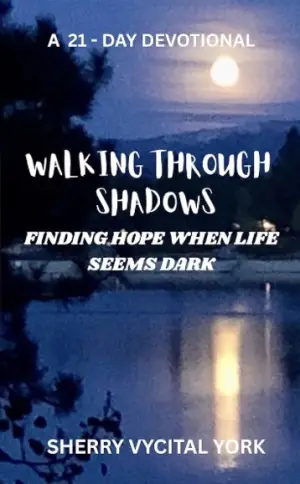A Journey into Repression: My Reflections on The House of Bernarda Alba
The first time I stumbled upon Federico García Lorca’s The House of Bernarda Alba, something about it beckoned me, almost as if the ghosts of its characters were whispering secrets untold. As I flipped through the pages of this haunting play, I found myself captivated not just by its haunting themes of repression and the quest for freedom, but by the sheer power of Lorca’s words—words that resonate with unparalleled intensity, even decades after they were penned.
Set against the backdrop of a rural Spanish village, the story unfolds within the claustrophobic walls of Bernarda Alba’s home. After the death of her husband, the domineering Bernarda imposes an eight-year mourning period on her five daughters, leading to a simmering tension that slowly morphs into explosive conflict. Lorca’s exploration of repression becomes palpable through the characters—especially the eldest daughter, Angustias, whose crippling situation epitomizes the struggles faced by women in a patriarchal society. Each character feels vividly drawn, so much so that I often found myself experiencing their fears and desires as if they were my own.
The play’s oppressive atmosphere is masterfully crafted through the use of symbolism and vivid imagery. The house itself is not just a setting; it’s a character, bearing witness to the unrelenting spirits of a repressive environment. The dialogue flows naturally, yet every word is loaded with a depth that will have readers pausing to reflect—I found myself scribbling down quotes, struggling to capture their beauty and weight. One line that echoes in my mind, “I want to see, to see you all,” pulls at the heartstrings, encapsulating the longing for freedom and self-actualization that permeates the narrative.
Jo Clifford’s translation breathes fresh life into Lorca’s original text, offering accessibility while preserving the essence of the writing. I found myself entranced by the lyrical quality of the dialogue, each line rich with emotion and resonance. The pacing kept me on edge; the tension builds gradually, culminating in a conclusion that left me both satisfied and disturbed. I closed the book with an ache in my heart and a swirling of thoughts in my mind—exactly the kind of engagement I cherish in a dramatic work.
The House of Bernarda Alba isn’t merely a play; it’s a poignant exploration of gender, power, and the struggles for autonomy in the face of societal constraints. Its themes are timeless, speaking to the hearts of those who have felt the weight of familial expectations or societal norms. I would recommend this work to anyone interested in feminist literature, as well as fans of classic drama who yearn for narratives that challenge the status quo and invite introspection.
In my own journey through the pages, I was reminded that the stories we encounter can transcend time and culture, urging us to look at the societal structures surrounding us today. Lorca’s haunting lyricism continues to resonate, and this beautifully translated rendition is a must-read for both connoisseurs and newcomers alike. The experience of reading this play has not only enriched my understanding of Lorca’s genius but deepened my appreciation for the act of storytelling itself.
You can find The House of Bernarda Alba (Drama Classics) here >>







